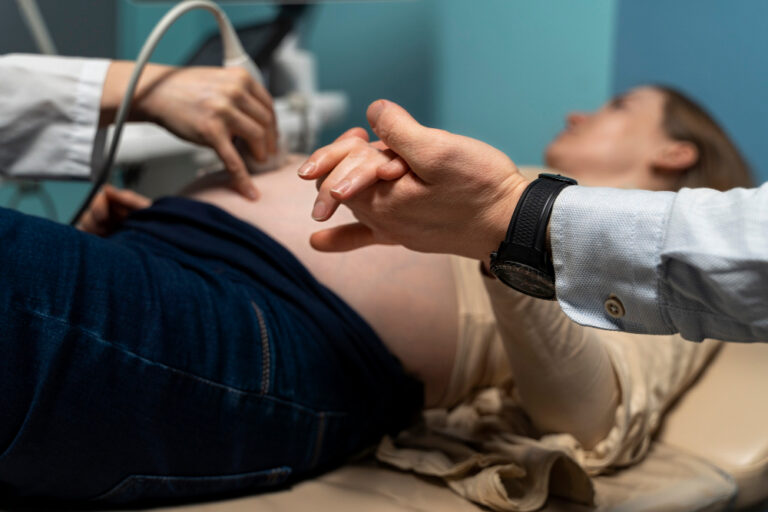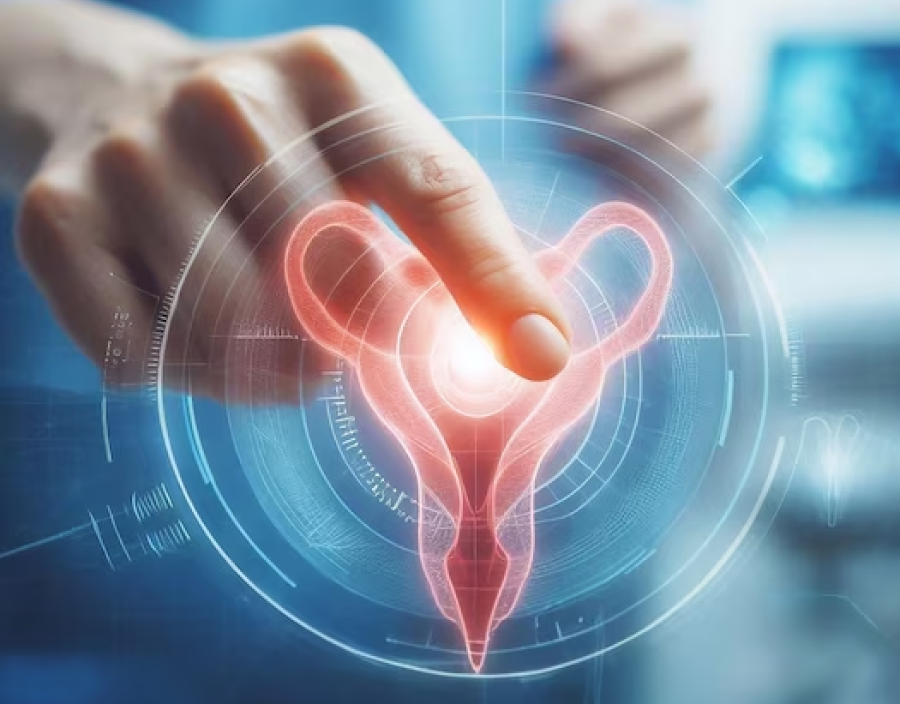PCOS
- Home
- Treatments Offered
- PCOS
Dr. Smita Jadhav: Best PCOS doctor in Kolkata
What is Polycystic Ovary Syndrome (PCOS)?
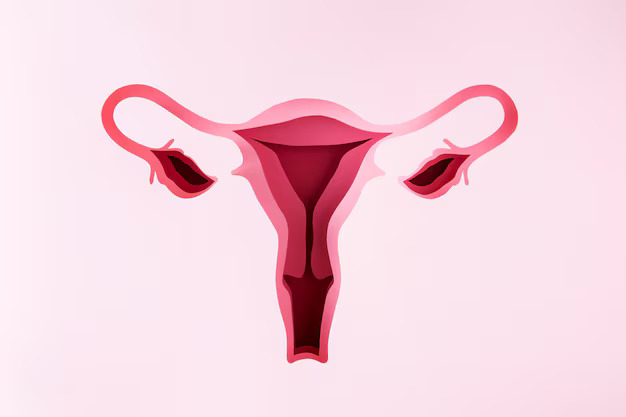
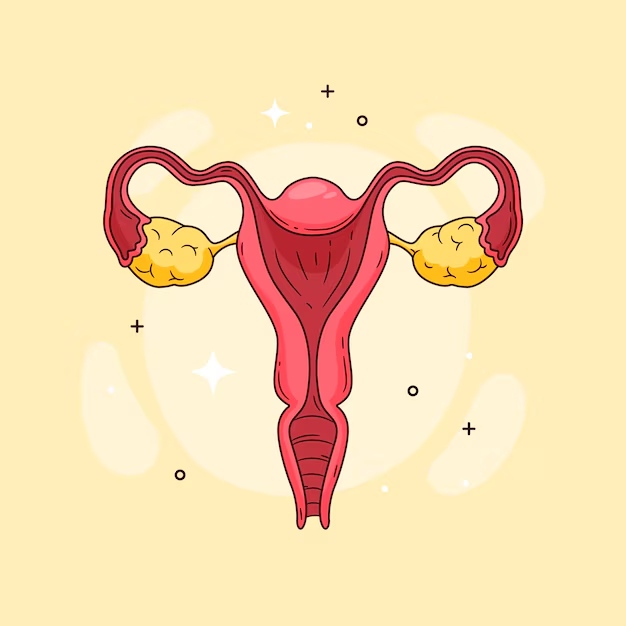
Common signs of PCOS
- Missed, irregular, or very light periods
- Enlarged ovaries or ovaries with multiple cysts
- Excess body hair, particularly on the chest, stomach, and back (hirsutism)
- Weight gain, especially around the abdomen
- Acne or oily skin
- Thinning hair or male-pattern baldness
- Infertility
- Skin tags, small extra growths on the armpits or neck
- Dark or thickened patches of skin on the back of the neck, under the breasts, or in the armpits

What is Abnormal Menstruation?
Abnormal menstruation, or menstrual irregularity, refers to any deviation from a regular menstrual cycle. While variations in menstrual patterns are common, abnormal menstruation involves significant deviations in frequency, duration, or intensity. This condition can manifest in various ways, disrupting the usual rhythm of a woman’s menstrual cycle and, in some cases, leading to other, more severe health concerns.
Send Us Message
Call Us
+91 9748825624
Email Us
drsmitajadhav76@gmail.com
Our Location
IB-193, Broadway Rd, IB Block, Sector III, Bidhannagar, Kolkata, West Bengal 700106
Causes of PCOS
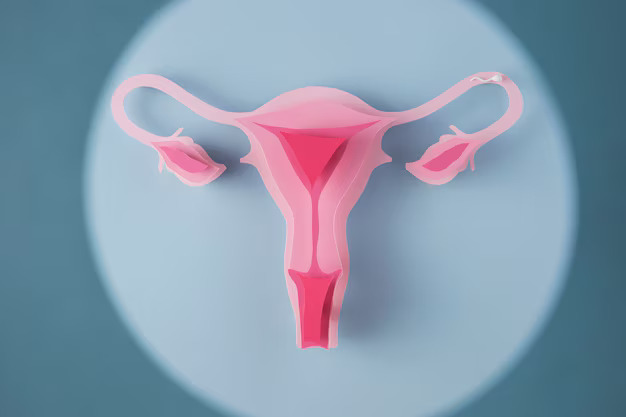
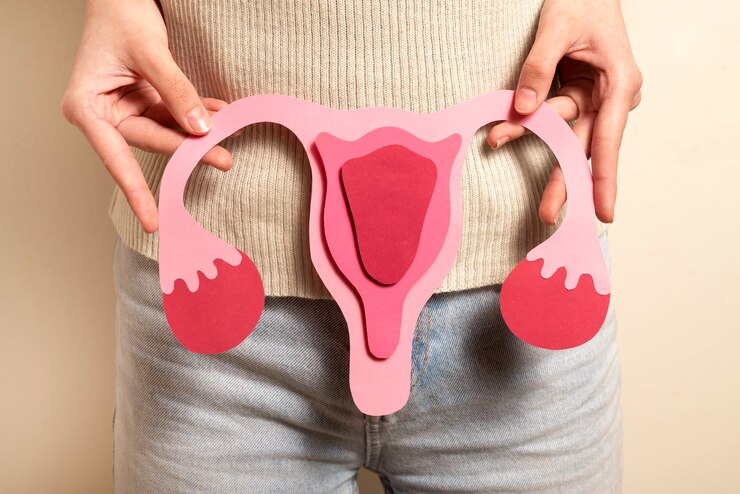
Types of PCOS

What is Abnormal Menstruation?
Abnormal menstruation, or menstrual irregularity, refers to any deviation from a regular menstrual cycle. While variations in menstrual patterns are common, abnormal menstruation involves significant deviations in frequency, duration, or intensity. This condition can manifest in various ways, disrupting the usual rhythm of a woman’s menstrual cycle and, in some cases, leading to other, more severe health concerns.
How is PCOS clinically diagnosed?
Ultrasound
This imaging test uses sound waves and a computer to create pictures of your blood vessels, tissues, and organs. It helps assess the size of the ovaries and check for cysts, as well as measure the thickness of the uterine lining (endometrium).
Blood tests
These tests check for elevated levels of androgens and other hormones. Your provider may also test your blood glucose levels, along with cholesterol and triglyceride levels.
What are the treatments for PCOS?
Diet and lifestyle changes
Adopting a healthy diet and increasing physical activity can help with weight loss, reduce symptoms, improve insulin sensitivity, lower blood sugar levels, and potentially help with ovulation.
Ovulation-inducing medications
These medications can help stimulate the ovaries to release eggs. However, they carry some risks, such as an increased chance of multiple births (twins or more) and ovarian hyperstimulation, which can cause bloating and pelvic pain.
Birth control pills
These regulate menstrual cycles, lower androgen levels, and help reduce acne.
Medications for other symptoms
Certain medications can be used to treat specific symptoms like excessive hair growth or acne.
Diet and lifestyle changes
Similar to the approach for those seeking pregnancy, a healthy diet and increased physical activity can help manage symptoms, improve insulin function, and lower blood glucose levels.
Diabetes medications
These are often prescribed to reduce insulin resistance in PCOS. They may also lower androgen levels, slow excessive hair growth, and promote regular ovulation.
PCOS Complications
- Infertility
- Gestational diabetes or high blood pressure during pregnancy
- Miscarriage or premature birth
- Metabolic syndrome — a group of conditions, such as high blood pressure, high blood sugar, and abnormal cholesterol or triglyceride levels, that increase the risk of cardiovascular disease
- Type 2 diabetes or prediabetes
- Sleep apnea
- Endometrial cancer (cancer of the uterine lining)
